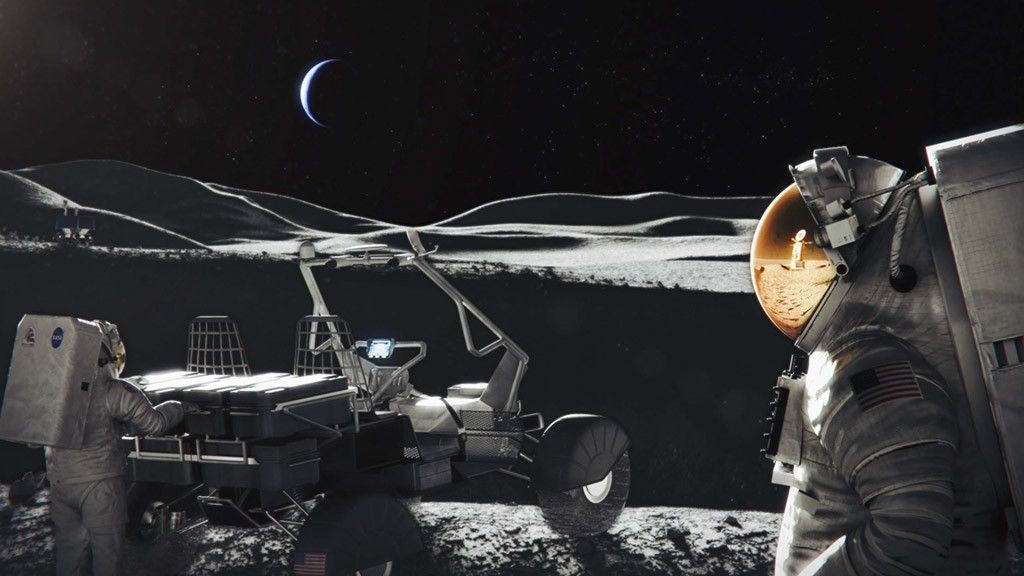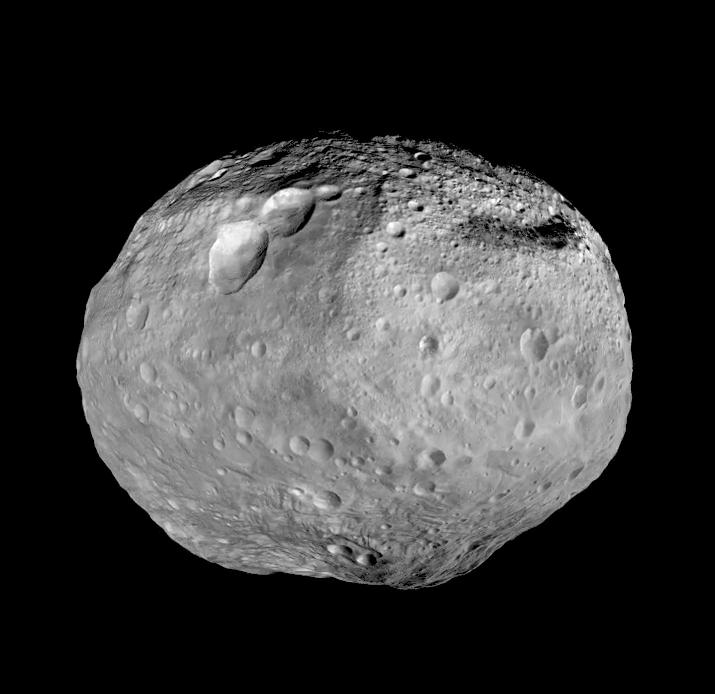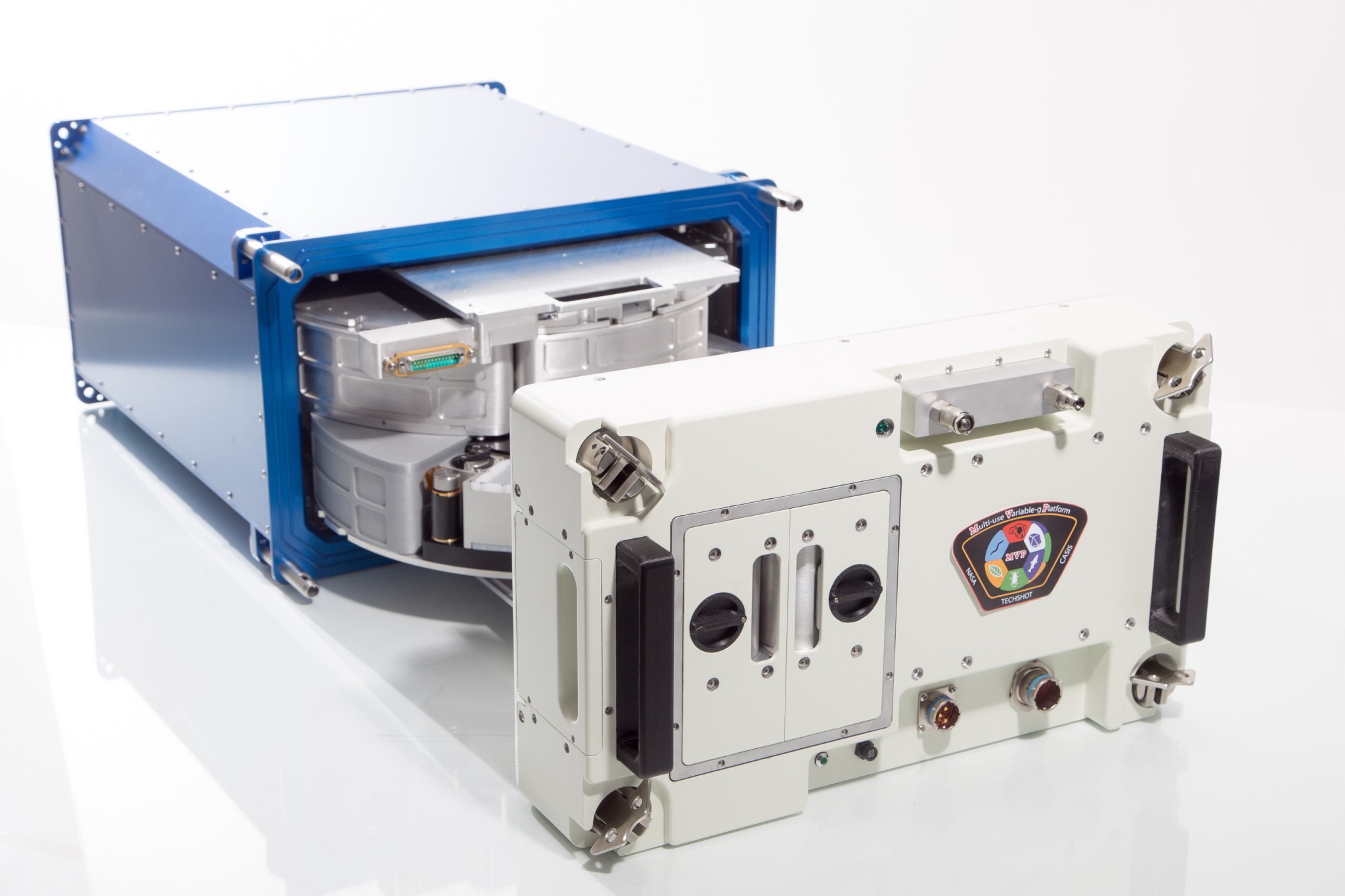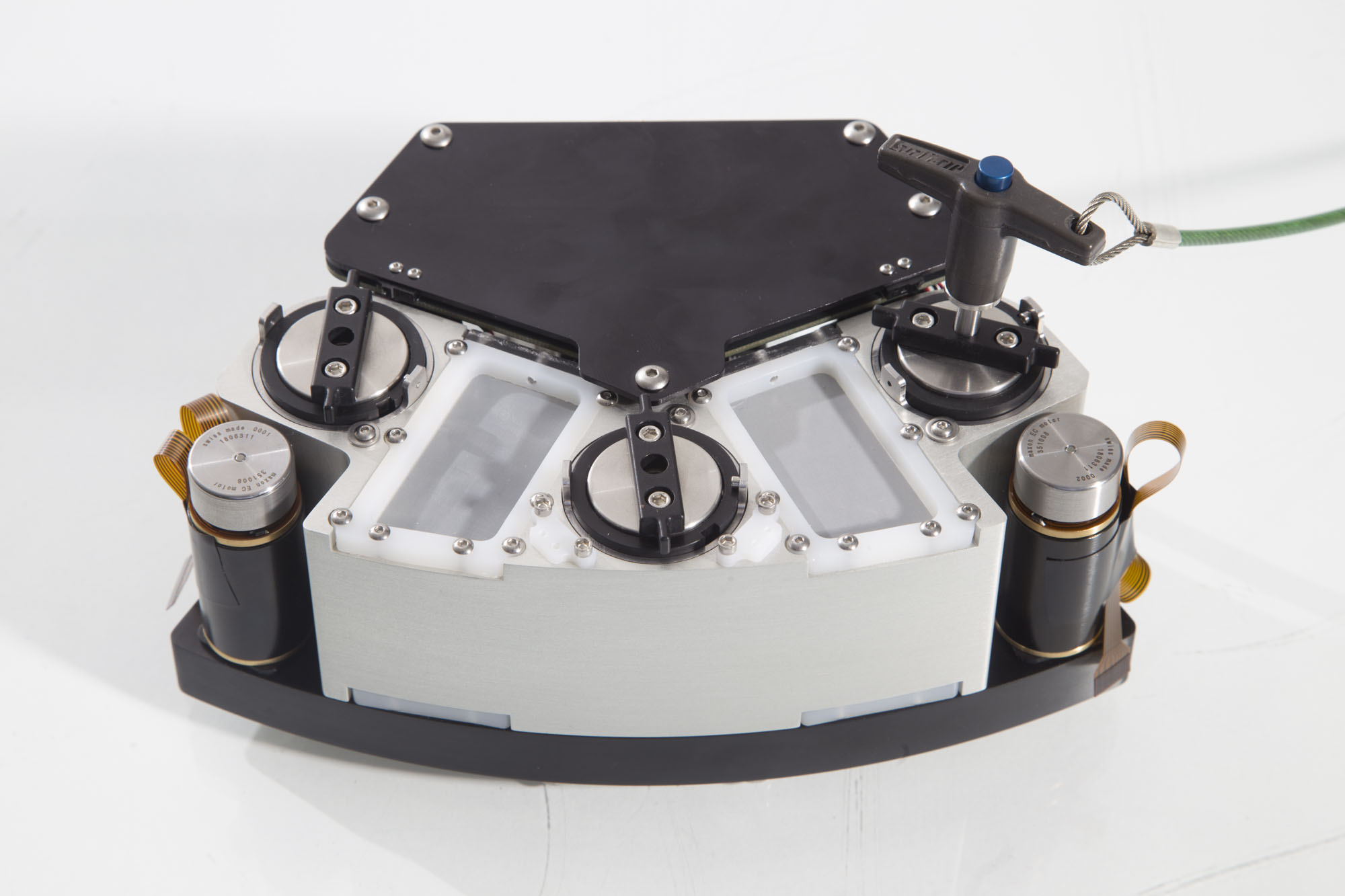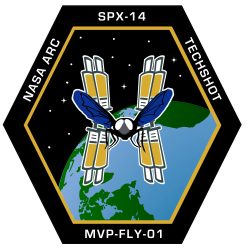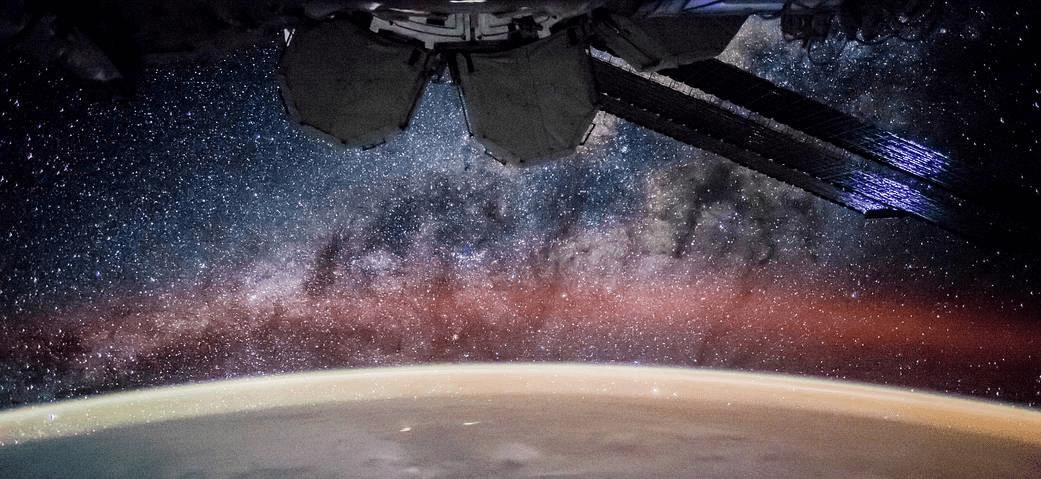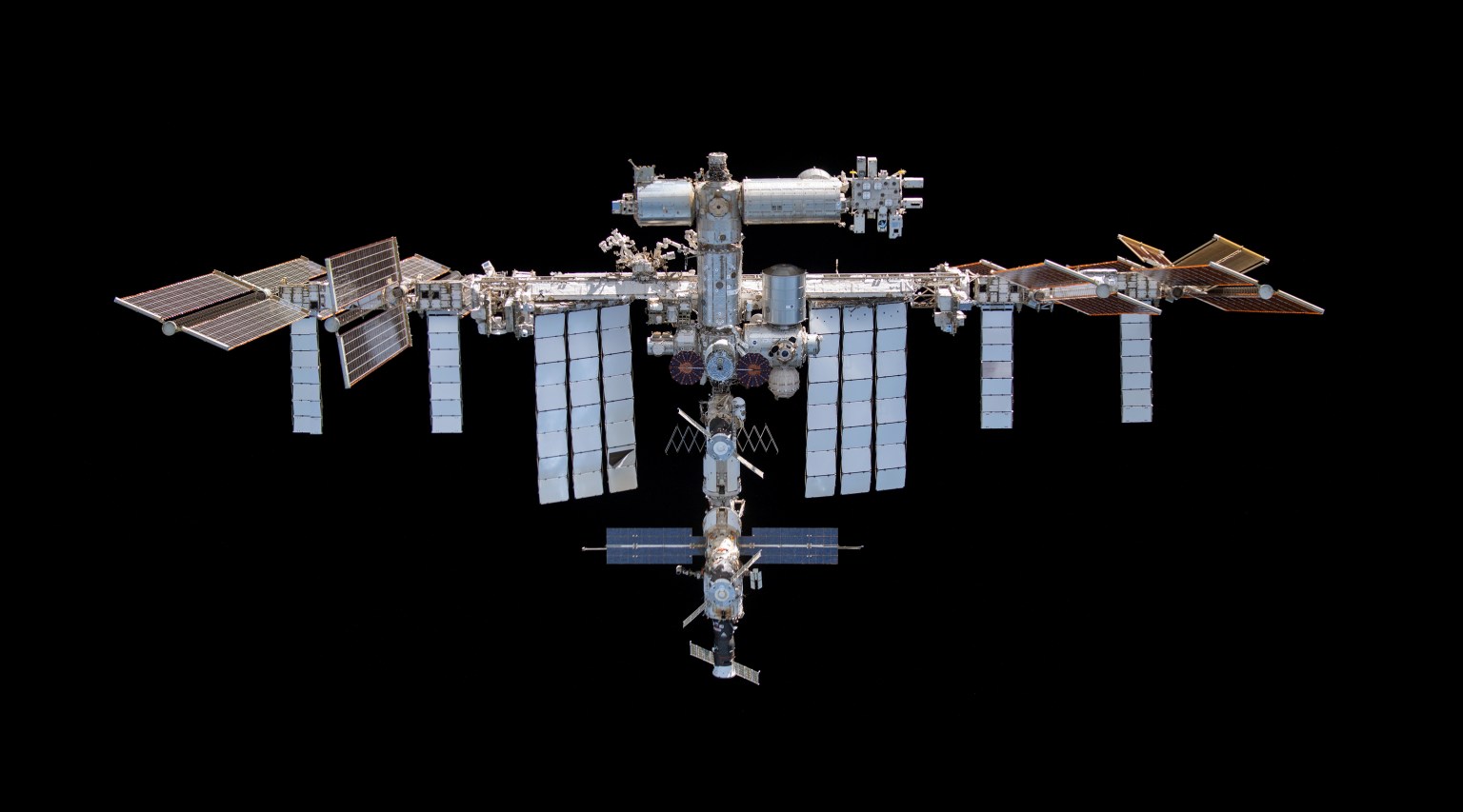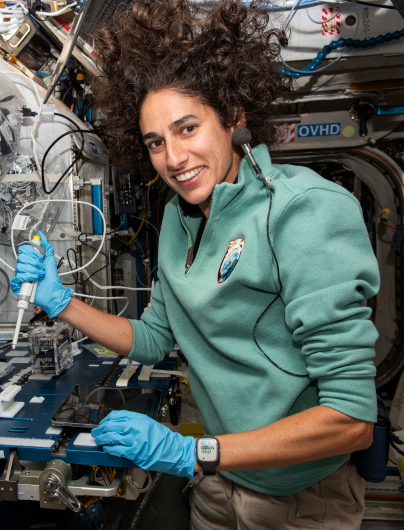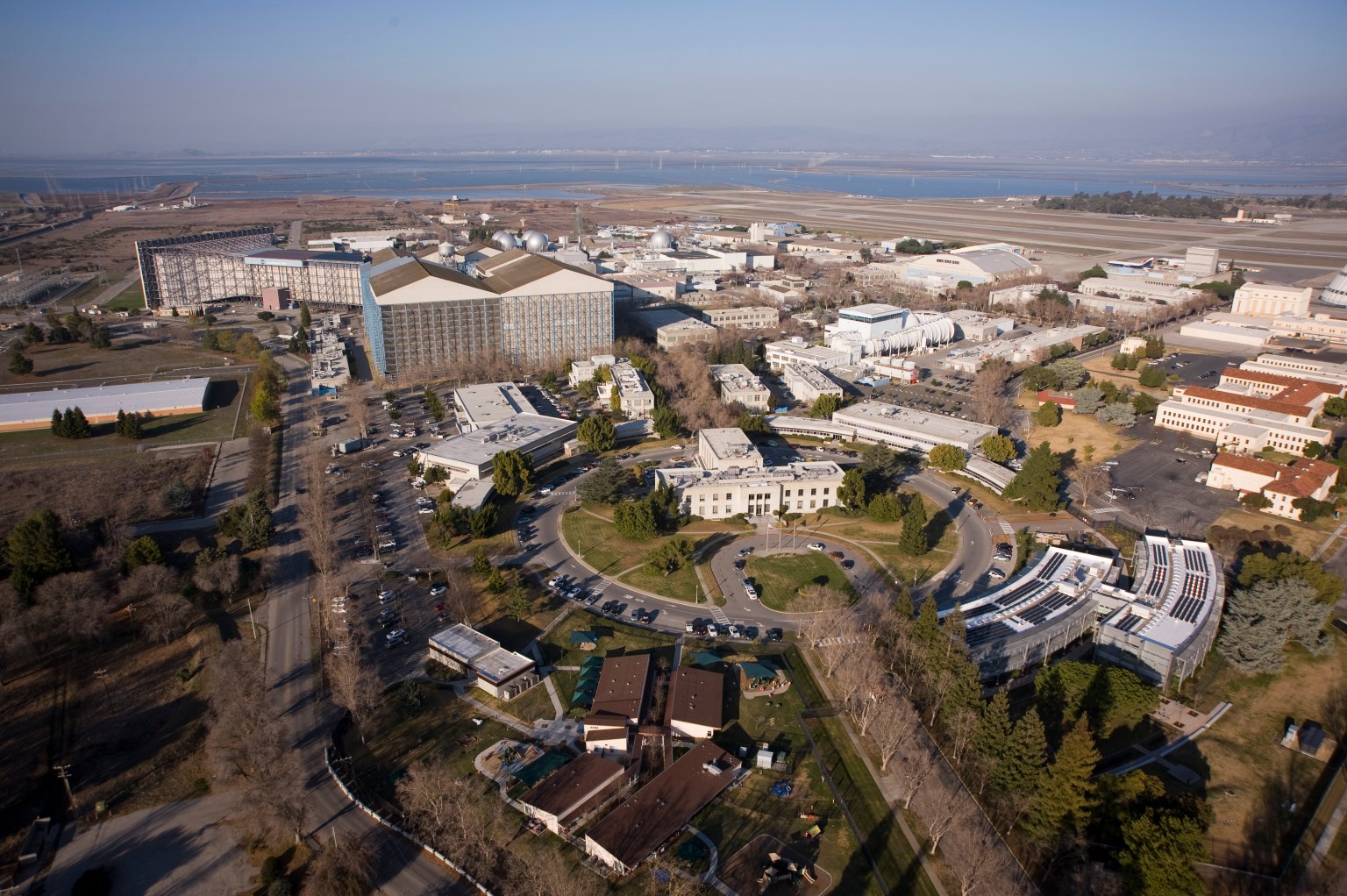Multi-use Variable-gravity Platform (MVP) Validation
The Multi-use Variable-gravity Platform (MVP) Validation mission will install and test the MVP, a new hardware platform developed and owned by Techshot Inc., on the International Space Station (ISS). This new research platform is equipped with temperature, light cycle, and humidity control, video feed from inside the hardware, and two 390mm diameter, identical and independently-controlled centrifuges that can generate artificial gravity from .1 to 2g. Its versatility will greatly expand the range of life sciences hardware that is available to space biology researchers and will allow researchers to plan longer and more advanced microgravity experiments on the ISS.
Before the hardware can be made available for researchers to use, it must be validated – meaning that the hardware will be installed and tested in the International Space Station to make sure that it works as intended. After confirming that the hardware is operational, it can then be used for scientific research. Though the MVP is designed for research with many different kinds of organisms and cell types, this validation mission will focus on Drosophila melanogaster, more commonly known as the fruit fly. This platform will be especially important for fruit fly research, as it will allow researchers to study larger sample sizes of Drosophila melanogaster than in other previous hardware utilizing centrifuges and it will be able to support fly colonies for multiple generations. In addition, the hardware allows for active environmental control, including temperature and relative humidity, which are parameters that are important for the development of flies. For this validation mission, special experiment modules (Drosophila Experiment Modules, or DEMs) have been developed specifically to house Drosophila melanogaster in the MVP hardware.
To test the capabilities of the experiment modules and the MVP hardware platform as a whole, fruit flies will be sent up in 12 DEMs. Once the MVP is installed on the ISS, the DEMs will be inserted into the MVP housing. Six DEMs will be placed in each of the two centrifuges that are stacked, one above the other, inside the MVP. Throughout the course of the approximately one month mission, a generation of flies will grow and develop entirely in space. Towards the end of the experiment, the ability to preserve the larvae of fruit flies will be tested, and then the preserved fly larvae as well as live fly samples will be returned to Earth. Samples of a fruit fly- and human-pathogenic bacteria, Serratia marcescens, will also be launched as part of this validation mission. They will be housed in separate hardware and grown in microgravity and returned to Earth along with the fruit flies. These bacteria will be used for experiments in conjunction with the flies, in order to understand how microgravity changes both the bacteria and the way that they interact with the space-flown flies’ immune systems. This experiment on the MVP validation flight will not only test the hardware capabilities of the MVP and DEMs, but will also validate the utility of this hardware for use in research by contributing to the study of the effects of spaceflight on host-infection dynamics between fruit flies and bacteria.
The validation of the Techshot Multi-use Variable-gravity Platform aboard the International Space Station is an important step in developing new capabilities for life sciences research in the microgravity environment. While the first validation flight will only test modules for Drosophila melanogaster, a variety of modules for other model organisms are being developed for this platform as well. Future studies using this versatile research platform will help scientists improve our understanding of a wide range of biological processes that affect human health both on Earth and in space.
For more information, see the Space Station Research Explorer for the MVP Fly-01 mission.
Project Manager: Nathan Thomas, Techshot Inc.
NASA Principal Investigator: Sharmila Bhattacharya, Ph.D., NASA Ames Research Center
Mission Scientist: Christina L. Cheung, FILMSS, NASA Ames Research Center
Hardware Developer: Techshot Inc.
Payload Developer: Techshot Inc.
Author: Christina L. Cheung

















